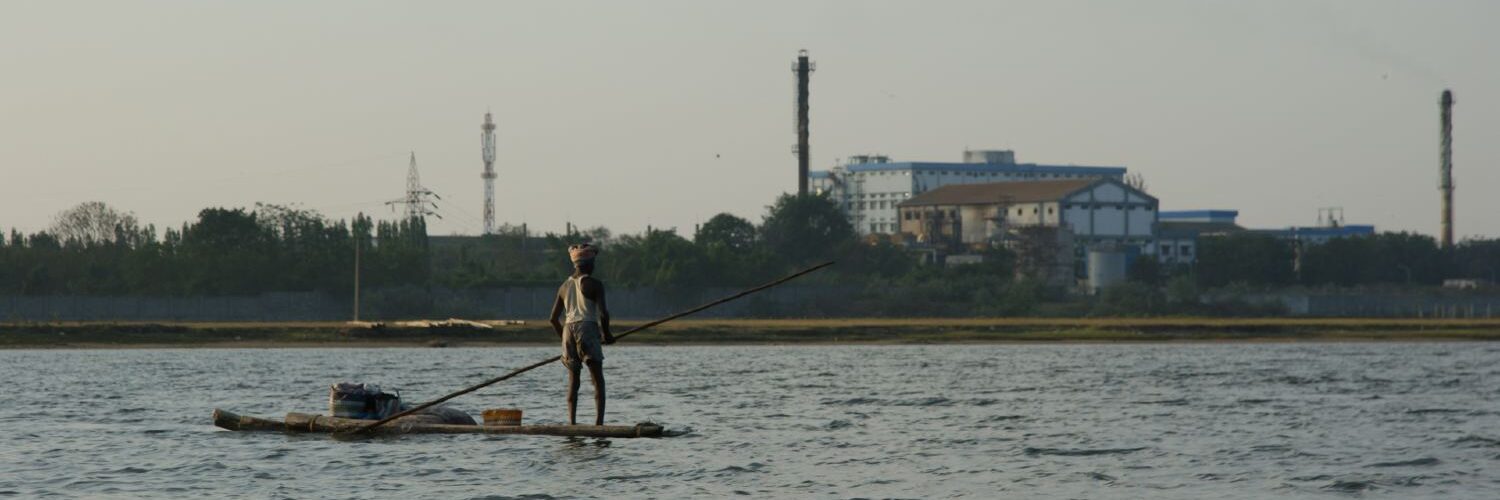PRESS RELEASE
8 March, 2010. CHENNAI: The Tamilnadu Alliance Against Mercury – a coalition of Kodaikanal residents and organisations, and other environmental organisations – has called for an enquiry on Tamilnadu Pollution Control Board and the National Environmental Engineering Research Institute based on RTI documents that indicate that these agencies have colluded with Hindustan Unilever in downgrading standards for remediation of the latter’s mercury-contaminated site in Kodaikanal. In a blatant display of conflict of interest and abuse of office, NEERI consented to serve as Hindustan Unilever’s paid consultant even while serving as a member of the Supreme Court Monitoring Committee on hazardous wastes. The SCMC took up the matter of environmental remediation of the contaminated Unilever site starting September 2004.
In a letter to Mr. Ramachandran, Member Secretary, TNPCB, dated 16 August, 2005, a sub-committee of the SCMC, consisting of members Dr. Claude Alvares and Dr. Boralkar, noted with concern as follows: “The activities [of decontamination] are being conducted by NEERI in association with Hindustan Lever Ltd, and Hindustan Lever Ltd is directly financing the consultant. This is not in keeping with the SCMC’s directions which require the work of remediation and rehabilitation be done through the Board.” This letter changed nothing, although this was the last letter written by these two members on behalf of the SCMC sub-committee. Both Dr. Alvares and Dr. Boralkar were relieved of their responsibilities in the Kodaikanal matter, and this was handed over to two other Committee members.
“TNPCB and NEERI have colluded with Hindustan Unilever to keep public in the dark and dilute clean-up standards from the originally proposed 10 mg/kg to 25 mg/kg of mercury in soil. As a result, more than 100 kg of mercury will still be left behind in the soil even after clean-up and this will act as a ticking ecological time-bomb slowly releasing toxic mercury into the sensitive Pambar Shola ecosystem and hurting the integrity of the ecosystem,” the Tamilandu Alliance Against Mercury said.
The Pambar Shola Reserve Forest is a mega biodiversity hotspot, with several species of plants that are not found anywhere else in the world. A scientific critique by Dr. Mark Chernaik, staff scientist at US-based Environmental Law Alliance Worldwide concludes that the reports of NEERI and other Unilever consultants “provide grossly inadequate support for a Site-Specific Target Level of 25 mg/kg and that a much lower Site-Specific Target Level may be necessary to protect critical ecological resources and public health.”
In 2002, Hindustan Unilever estimated that it had discharged more than 1.3 tons of toxic mercury into the Pambar Shola in addition to contributing more than 366 kg of mercury to the soil within the factory site. In the same year, Unilever declared that it would clean-up the contamination to Dutch residential standards of 10 milligrams per kilogram of soil. In the United Kingdom, where Unilever’s registered office is located, mercury contaminated sites would have to be cleaned up to 1 mg/kg to be considered suitable for residential purposes.
“Unilever’s clean-up standard for India is 25 times lower than it is in its home country, the UK. This is plain environmental discrimination where different standards are applicable in rich and poor countries,” TAAM said.
The mercury thermometer factory lies entirely within the Pambar shola watershed; every drop of water that falls in the factory drains out into the Pambar Shola and Pambar River. The Pambar River eventually joins the Vaigai River – an important source of drinking water and fish. Elemental mercury changes into the highly toxic methyl mercury in aquatic environments, and builds up to lethal levels in fish. Scientific studies suggest that 1 gram of mercury is sufficient to poison a 25 acre freshwater lake over a period of years.
Residents and ex-workers who were part of two TNPCB-initiated oversight committees – the Working Committee and the Local Area Environment Committee – have repeatedly pointed out the need for more stringent standards considering the site’s ecological sensitivity. They have also called for independent verification of the contamination data generated by Unilever.
However, in 2005, the Tamilnadu Pollution Control Board set up a Scientific Experts Committee, and discontinued consultations with Kodai residents and NGOs. Between 2005 and 2007, the TNPCB along with Unilever’s consultant NEERI worked behind the scenes to downgrade cleanup standards. The Scientific Experts Committee approved the diluted standard without raising any question about the inadequacy of the standards in protecting the ecosystem. NEERI admits that the diluted standard was arrived at based solely on risks to health of future residents, and not on the risk to ecosystems and soil microorganisms essential for maintaining ecosystem integrity.
In a strongly worded letter to the TNPCB, Government of Tamilnadu and Government of India, Tamilnadu Alliance Against Mercury has demanded the informed participation of local residents in overseeing site remediation. They have said all work must be stopped onsite until a Citizens’ Oversight Committee is formed, and a public hearing held in Kodaikanal on the matter of clean-up. They have said that the site has to be cleaned to standards befitting a forest ecosystem, and that the site must be handed over to the Forest Department for Shola reforestation.
For more information, contact:
Shweta Narayan (Chennai): 9444024315
Rajagopala Durairaja (Kodaikanal): 9600461306
Tamilnadu Alliance Against Mercury
c/o Nutshell Convent Road, Kodaikanal 1
